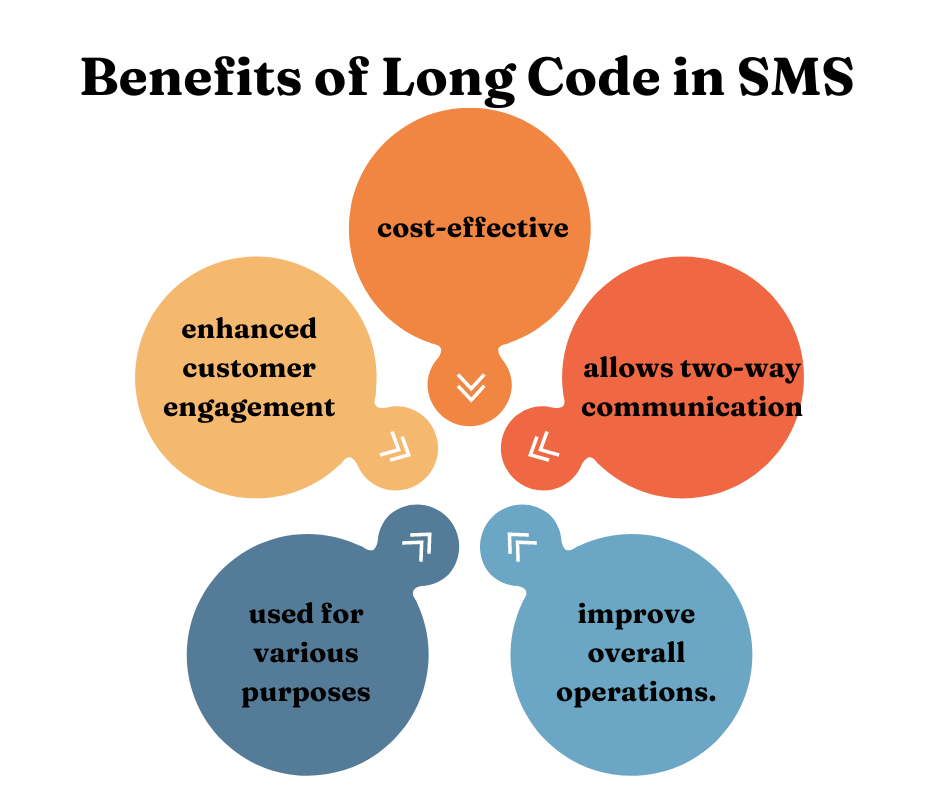Difference Between Long Code And ShortCode
Long code generally consists of a more extensive and detailed set of instructions or data, providing a thorough and descriptive representation of a programming concept.
On the other hand, short code involves a more concise and abbreviated representation of the same concept.
Each has its own set of advantages and is employed based on the specific requirements and context within a programming language.
The selection between long code and short code is often influenced by the need for readability, performance optimization, and the specific problem being solved.
Long Code
Long code refers to a full-length telephone number used for communication purposes. It typically consists of 10 digits and is used for various telecommunications services.
Characteristics of long codes include their ability to send and receive both voice calls and text messages, making them versatile for different communication needs.

Long codes are commonly used by businesses for two-way communication with customers, enabling them to send and receive text messages and phone calls for customer support, marketing, and notifications.
They are also utilized in applications such as two-factor authentication, appointment reminders, and surveys, providing a reliable and familiar channel for communication.
Short Code
Short codes are special telephone numbers, significantly shorter than full telephone numbers that can be used to address SMS and MMS messages from mobile phones or fixed phones.
They are designed to be easier to read and remember than normal telephone numbers.

Short codes are commonly used for value-added services such as television voting, ordering ringtones, charity donations, and mobile services.
They are also used for two-factor authentication, marketing campaigns, and customer feedback collection.
Difference Between Long Code And ShortCode
Long codes and short codes are slightly different from each other. To understand which is better for your business requirement the following are the differences between long Code and Short Code will help you reach a decision.
| Long Code | Shortcodes |
| Long codes are generally easier to read and understand due to their descriptive nature. | Short codes can be easier to scan and understand at a glance. |
| Long codes can become extensive and may require more time to write and comprehend. | Short codes are often more concise and can lead to faster development. |
| Identifying and fixing errors in long code can be less challenging because of the descriptive nature of the code. | Identifying and fixing errors in short code may be more difficult due to its concise nature. |
| Updating and maintaining short code may require less effort and time. | Managing and updating long code can be more time-consuming and complex. |
| Long codes allow for more detailed and complex logic and operations. | Maybe more challenging to understand, especially for complex operations. |

